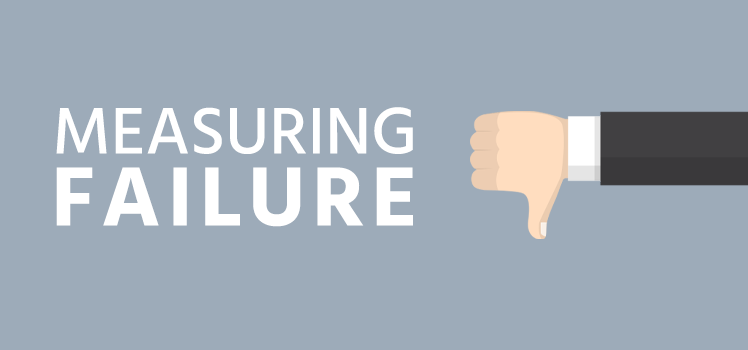A Hosted DNS Server Service – Is it right for you?
Running a high-availability hosted DNS Server Service is not a trivial task. DNS is vital to the operation and success of the Internet yet it is an often-overlooked component that is usually taken for granted. What seems so simple on the surface can create so many issues when it malfunctions.
Using a Free DNS Service
Most small businesses are content to rely on the free DNS service provided by the registrar they bought their domain name from or from their ISP. But that isn’t always the best move as we saw in August with AT&T’s DNS outage and in September with outages at both GoDaddy and Moniker affecting hundreds of thousands of websites around the world for the majority of a business day. Businesses who understand that risk generally pursue hosting DNS internally – which can be an improvement over outsourcing it to an organization that doesn’t specialize in DNS – but it is not a task that should be considered trivial by any means.
In a previous article, What is your IT Disaster Recovery Plan for DNS, we touched on a few of the things to look out for with respect to configuring secondary DNS, but in this article we want to address the question of outsourcing mission critical DNS in its entirety. Does it make sense for organizations large and small to outsource their DNS to a specialty service provider like us here at Total Uptime?
Who Should Host DNS?
First and foremost, DNS is in Total Uptime’s wheelhouse of 100% online availability solutions, we might even say it is our core business. The importance of choosing a service provider that has a razor focus on a specialty (like 100% application availability) is critical today more than ever before because so many providers try to be everything to all people and often fail.
Domain Registrar’s, for example, are good at selling domain names. They market a high volume low margin product. If you can’t reach them for a few minutes to purchase your next domain name, it probably doesn’t have a significant impact on your business. But if you accept the free DNS service that comes along with the domain name, you shouldn’t be upset if it goes down because, after all, it was free and is not their primary business. This type of service might be acceptable for domains you’ve purchased to squat on or secure trademarks with which aren’t really used, but for a main corporate domain it should be unacceptable.
The Hallmark of a Great DNS Service Provider
We’ve talked about a number of the underlying technical components that make up our global DNS service in various blog posts, but even more important than technical prowess is a foundation of knowledge. Having a significant DNS background is where reputation really starts. Understanding the intricacies of the domain name system, how it works and what its weaknesses and limitations are is what ultimately makes Total Uptime a top-tier DNS service provider.
Because of our breadth of experience, we know exactly how to coax high performance out of a technology that hasn’t advanced much since it was created in the 80’s. Knowing what can and cannot be done to enhance it to meet the business needs of our clients is an essential part of what we do. Our engineers have no less than 10 years of individual (not combined) experience in the industry, which is something that makes us stand out. They are true DNS geeks and can rattle off many of the 50+ RFCs that were written about DNS when asked.
Only second to knowledge comes the underlying technology and corresponding expertise to operate a global high-availability DNS network, and that starts with our Anycast network that spans dozens of datacenters across all continents. The supporting network and compute infrastructure that delivers the service is paramount to its performance and ultimately DNS success.
With all of the right pieces in place, delivering reliable service becomes easier, and that makes extending a 100% uptime Service Level Agreement something the legal folks no longer contest. We’ll talk more about the technical architecture of our network in an upcoming article.
 What is an Application Delivery Network?
What is an Application Delivery Network?  Global Server Load Balancing (GSLB)
Global Server Load Balancing (GSLB)  Measuring Failure
Measuring Failure 


